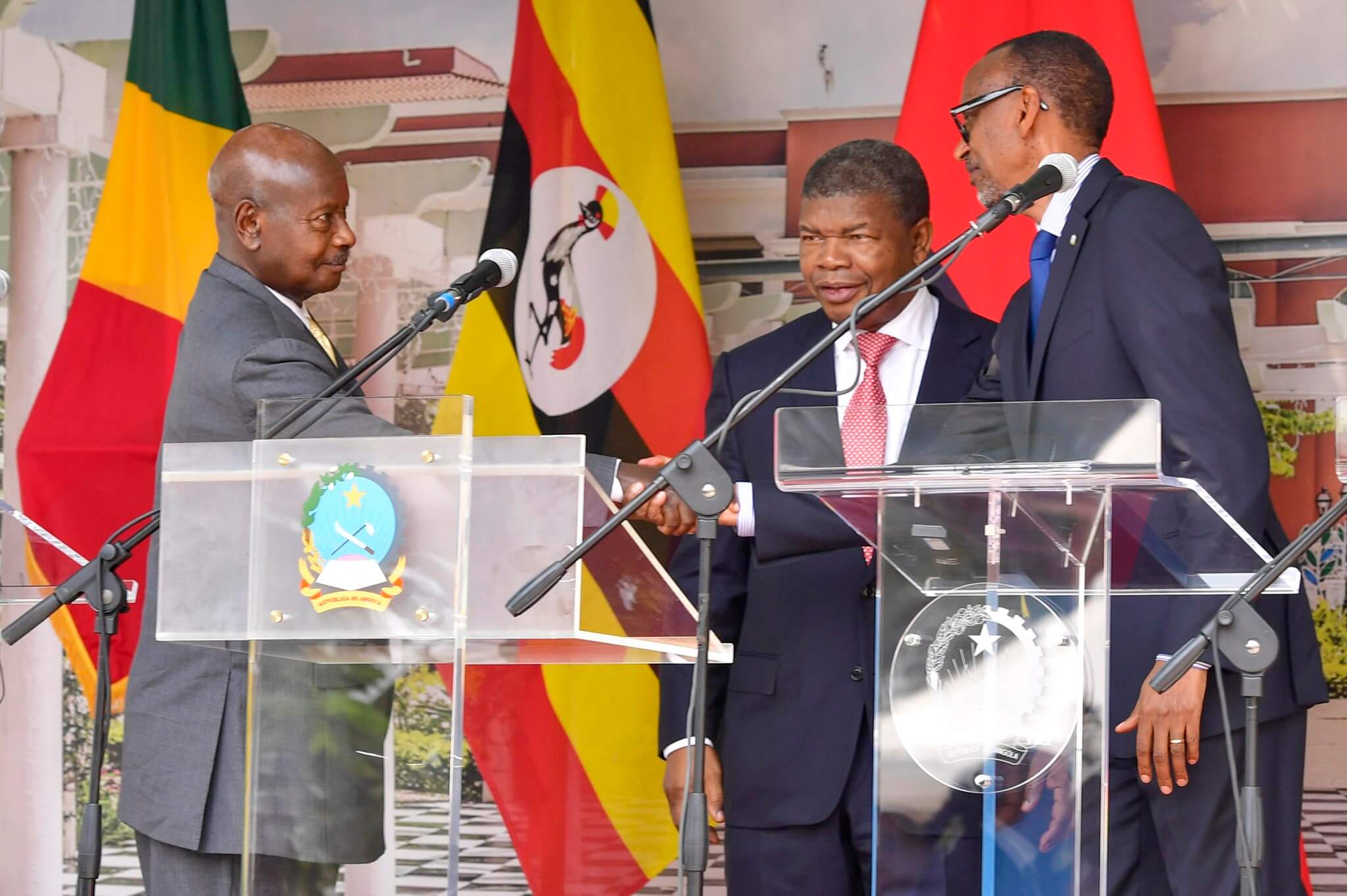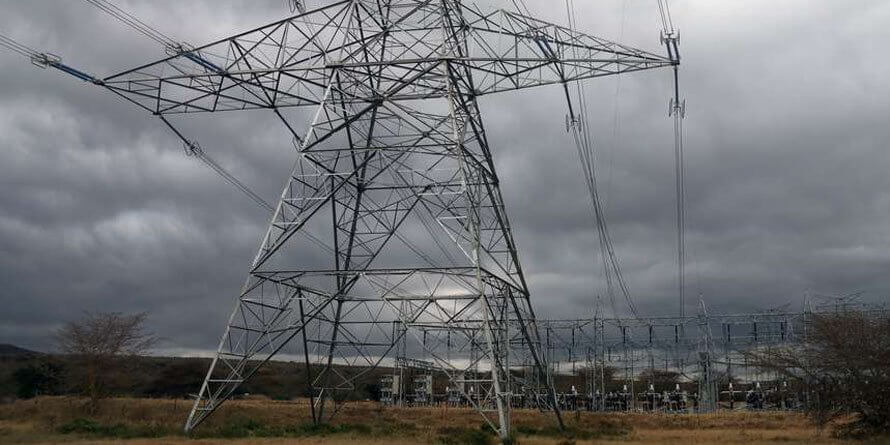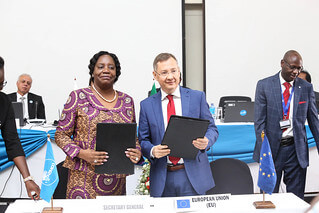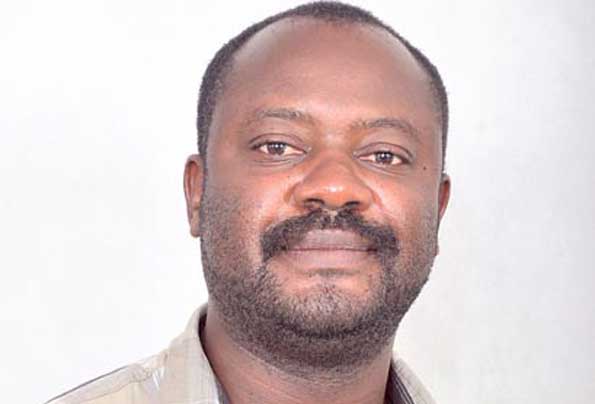The second meeting of the Ad-Hoc commiittee of Ugandan and Rwandan officials set up to implement the Luanda Memorandum of Understanding (MoU) that is aimed at resolving ongoing disputes between the two countries will take place in Kampala on Friday. This follows Rwanda’s dispatching of a team of the country’s officials to Kampala after two postponements of the meeting at Kigali’s request. “Uganda and Rwanda will tomorrow hold a follow-up meeting….to the one held in Kigali in September to concretize in the MOU signed in Luanda, Angola in August 2019,” Uganda Government Spokesperson Ofwono Opondo on Thursday tweeted of the meeting to take place at Speke Resort Munyonyo. In February this year, Rwanda closed its main border with Uganda at Katuna and blocked cargo from crossing into its territory causing a customs crisis. Since then, there have been accusations and counter accusations between Kampala and Kigali mostly relating to security. In the Luanda MoU, the two Heads of State of Uganda and Rwanda undertook to respect the sovereignty of each other and of the neighboring countries. They also undertook to refrain from actions conducive to destabilization or subversion in the territory of the other party and neighboring countries thereby “eliminating all factors that may create such perception as well as that of acts such as the financing, training and infiltration of destabilizing forces.” The two Principals also agreed to protect and respect the rights and freedoms of the nationals of the other party residing or transiting in their national territories...
Uganda-Rwanda Second Meeting to Implement Luanda MoU Due in Kampala Friday
Posted on: December 16, 2019
Posted on: December 16, 2019





















